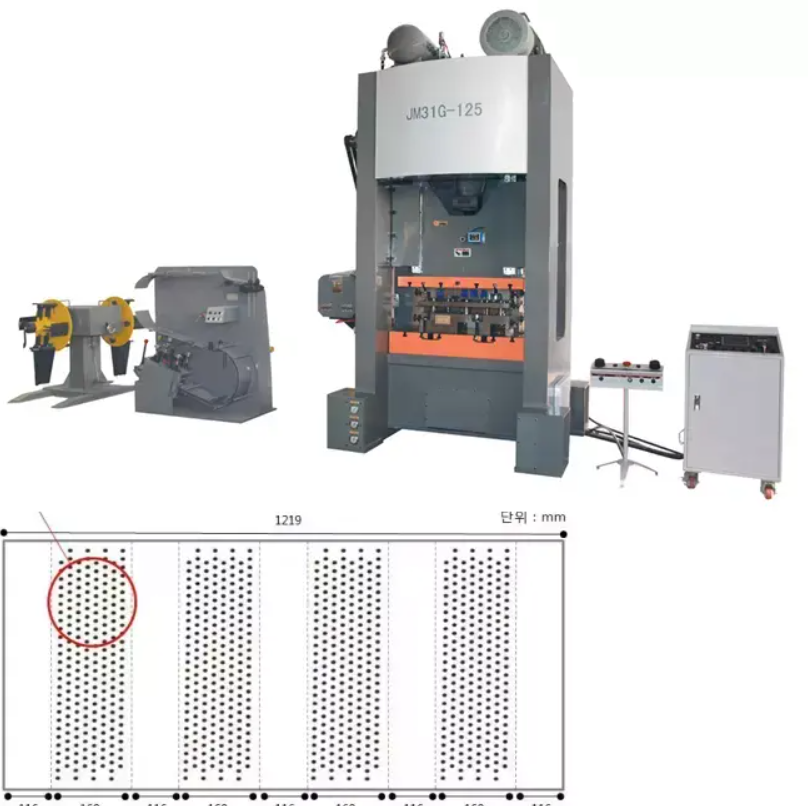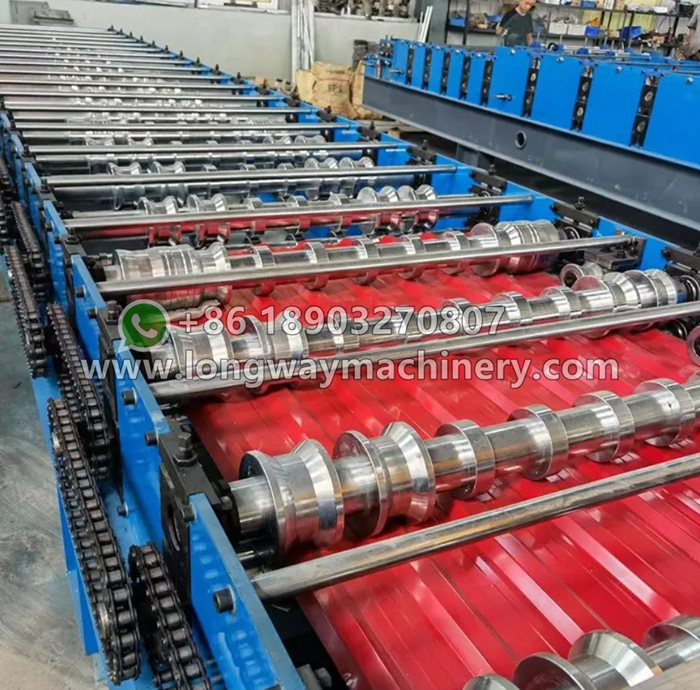Guardrail Roll Forming Machine Manufacturer High-Speed Custom Solutions
- Introduction to Guardrail Roll Forming Technology
- Technical Advantages Driving Industry Standards
- Performance Comparison of Leading Manufacturers
- Customization Strategies for Specific Projects
- Material Compatibility and Durability Metrics
- Global Implementation Case Studies
- Why Partner with Specialized Guardrail Equipment Producers

(guardrail roll forming machine)
Revolutionizing Road Safety Through Advanced Forming Technology
Modern highway infrastructure requires precision-engineered guardrail systems, with roll forming machines achieving production speeds of 15-25 meters/minute. These systems now handle material thicknesses from 1.2mm to 4.5mm while maintaining ±0.1mm dimensional accuracy. The global market for roadside safety equipment reached $2.8 billion in 2023, with automated forming solutions capturing 43% of new installations.
Technical Advantages Driving Industry Standards
Third-generation servo-controlled models reduce energy consumption by 22% compared to hydraulic systems while achieving 98% material utilization rates. Key innovations include:
- Multi-axis CNC synchronization for complex profiles
- Integrated defect detection systems (99.6% accuracy)
- Quick-change tooling systems (15-minute format transitions)
Performance Comparison of Leading Manufacturers
| Manufacturer | Production Speed (m/min) | Material Compatibility | Customization Options | Energy Efficiency |
|---|---|---|---|---|
| SafeForm ProSeries | 28 | Galvanized Steel, Aluminum | 12 Profile Variations | 0.85 kW·h/m |
| GuardTech MasterLine | 24 | Carbon Steel, Weathering Steel | Modular Tooling System | 0.92 kW·h/m |
| BarrierForge HD | 32 | Stainless Steel Composites | Full CAD Integration | 0.78 kW·h/m |
Customization Strategies for Specific Projects
Specialized factories now offer parametric configuration tools enabling 87% of clients to achieve required specifications within 3 design iterations. A recent mountainous terrain project required:
- Enhanced corrugation depth (38mm → 45mm)
- Zinc-aluminum coating (275g/m²)
- Modular connection systems for rapid installation
Material Compatibility and Durability Metrics
Accelerated weathering tests demonstrate 25-year lifespans for galvanized specimens (ASTM B117). Advanced polymer-coated variants show 92% corrosion resistance after 1,000 salt spray hours. Production data reveals:
- 0.03% material waste in closed-loop systems
- 4-second tooling adjustment cycles
- 98.4% first-pass yield rate
Global Implementation Case Studies
The Trans-European Transport Network deployed 142 machines across 17 facilities, achieving 38km/day production capacity. Key outcomes:
- 14% reduction in highway maintenance costs (Finland)
- 22% faster emergency response times (California)
- 19% improvement in collision energy absorption (Germany)
Why Partner with Specialized Guardrail Equipment Producers
Certified manufacturers maintain ISO 1461 compliance while delivering 18-month ROI periods through optimized production workflows. Strategic partnerships provide access to:
- On-site technical support teams
- Real-time production monitoring systems
- Annual capacity guarantees (min. 85,000 linear meters)

(guardrail roll forming machine)
FAQS on guardrail roll forming machine
Q: What factors should I consider when choosing a guardrail roll forming machine company?
A: Prioritize experience, certifications, and customer reviews. Ensure the company offers technical support and customization options. Visiting the factory or reviewing case studies can also help assess reliability.
Q: How does a guardrail roll forming machine manufacturer ensure product quality?
A: Reputable manufacturers use advanced quality control systems and precision testing equipment. They adhere to international standards (e.g., ISO) and conduct rigorous material inspections to guarantee durability and performance.
Q: Can a guardrail roll forming machine factory customize machines for specific project needs?
A: Yes, most factories offer customization for dimensions, materials, and production speed. Share your project requirements (e.g., guardrail specifications) to tailor the machine’s design and functionality.
Q: What is the typical lead time for a guardrail roll forming machine order?
A: Lead times vary based on order complexity and factory workload. Standard machines may take 4-8 weeks, while customized solutions could require longer. Confirm timelines directly with the manufacturer.
Q: Do guardrail roll forming machine companies provide after-sales support?
A: Reliable companies offer warranties, spare parts, and troubleshooting assistance. Some also provide on-site installation, training, and maintenance services to ensure optimal machine operation.
-
Top Drywall Profile Machine Models for SaleNewsJun.05, 2025
-
The Role of Purlin Machine in Modern Structural BuildingNewsJun.05, 2025
-
The Advantages of Investing in a Metal Roof Sheet Making MachineNewsJun.05, 2025
-
Key Features of Hydraulic Bending MachineNewsJun.05, 2025
-
Innovations in Standing Seam Metal Roof Machine TechnologyNewsJun.05, 2025
-
High - Performance Roof Panel Machine for SaleNewsJun.05, 2025
-
Key Features to Look for in a Roof and Wall Panel MachineNewsMay.23, 2025








